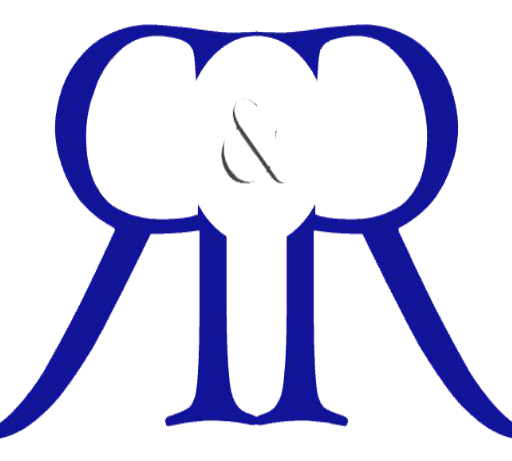Making your Organization More Productive
Every organization, from a small business to a large corporation, would like to become more productive. However, this can be easier said than done. We live in a world of constant connectivity, but that has its downsides as well as its benefits. While it means that team members can be in the loop and working from anywhere at any time, it also means potential burnouts. Plus, connectivity brings with it constant distractions as well.
Here are some tips that will help your company be more productive.
Set Expectations
People perform better when they know there is a deadline or an expectation. Giving your team goals and deadlines will help them focus and understand what’s important. For longer projects, consider breaking them down into smaller chunks with frequent milestones. Not only will this give your team something to work towards, but it also makes bigger projects seem more manageable and less demanding.
However, it’s important that you let your team know what their priorities are as well. If you make every assignment and project “high importance” and don’t properly let your team know when things are due and which projects take priority, you risk creating confusion and potentially overwhelming your staff.
Know what your team is working on, set realistic deadlines, track projects as they are completed, and organize your team’s workflow. Being organized and setting the right deadlines and expectations can help everyone feel more in control, which will improve productivity at work.
Recognize and Reward
Everyone wants to feel like their hard work is being noticed and appreciated. If the reward for getting something done and doing a good job is nothing but a pile of new work, your team might lose motivation and productivity will suffer. Instead, recognize when milestones are met or when team members go above and beyond. Call out strong performances, offer rewards such as team dinners, social functions, or gifts for hitting targets, and do whatever else you can to make sure your team feels appreciated. Even a personalized note or a pat on the back for a job well done can help motivate your staff to keep going.
Eliminate Distractions
There are some aspects of workplace culture that distract more than they help. If your team is frequently being pulled away from work for meetings, consider reducing the number that you hold, and keep them short when they’re needed. Email notifications can also be distracting, especially if you receive hundreds of them in a day. Before you include someone on an email, consider whether or not they really need to receive the message. Another option for managers is to send one longer email at the end of the day that includes all relevant information instead of ten shorter ones throughout the workday. This will cut down on distractions.
Encourage Breaks
Many workplaces have cultures that encourage people to go, go, go throughout the day without stopping. On the surface, this seems like a potential way to improve productivity, but it can actually lead to burn out. Encourage your team to get up from their desks during breaks and lunches. Even a five-minute break can help.
Leaders can set expectations through their own actions. If a leader doesn’t leave their desk all day and never takes vacation, the rest of the team will follow. However, if staff sees the boss taking small breaks, they’ll follow suit. If you’re worried about people taking advantage of this situation, let your staff know that you expect them to take reasonable breaks and outline what is meant by this.
Outsource When You Can
Hiring a contractor to handle some of business tasks can give your team more time to focus on their core roles in the company. For instance, rather than having your staff handle budgeting and forecasting, trust the team at Ralevic & Ralevic LLP. We can provide budget preparation services and financial forecasts that reflect your company’s needs and ongoing industry trends, so your sales team can focus on making sales (for example). Contact us today for more information.









